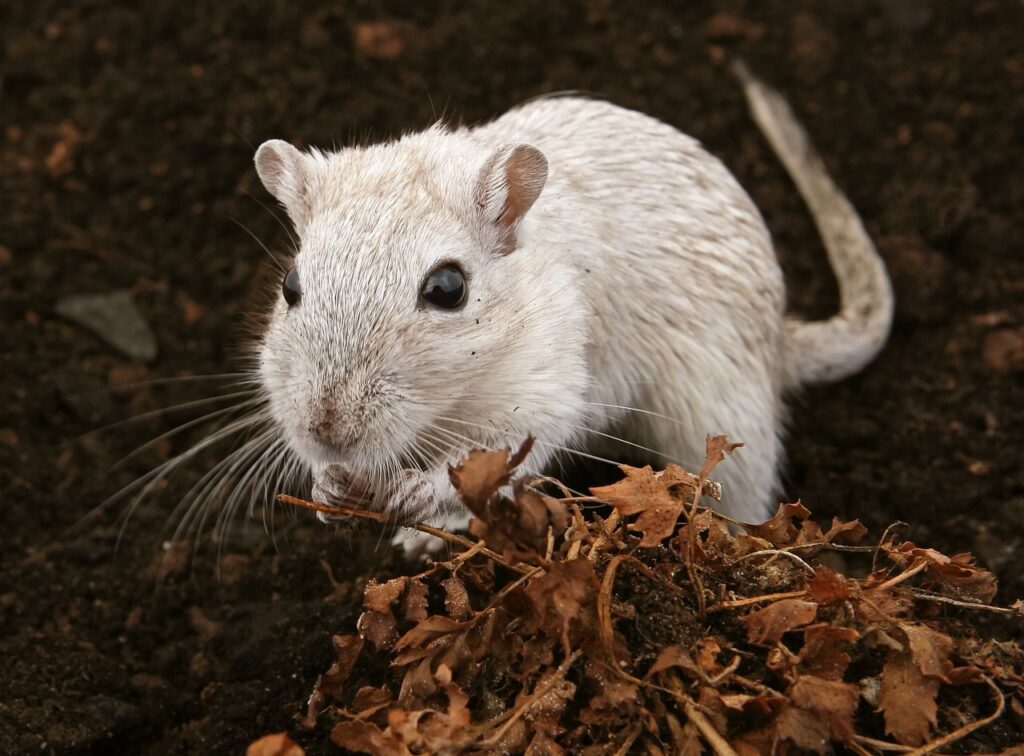Can Gerbils Eat Asparagus? — Exploring the Nutritional Potential
Gerbils are adorable little creatures that require a carefully balanced diet to maintain their health and well-being. Asparagus, a delicious and nutritious vegetable commonly found in human diets, may raise the question of whether it is suitable for our furry friends. In this article, we will delve into the nutritional aspects of asparagus for gerbils, addressing its potential benefits, recommended quantity, potential cautions, and its suitability for other pets.
The Nutritional Advantages of Asparagus for Gerbils
When it comes to nutrition, asparagus offers several advantages for gerbils. Rich in essential vitamins, minerals, and dietary fiber, asparagus can contribute positively to a gerbil’s well-being. This vegetable contains vital nutrients such as vitamin A, vitamin C, vitamin K, folate, and potassium, which play significant roles in maintaining various bodily functions. The fiber content in asparagus aids digestion and ensures smooth bowel movements for these tiny pets.
Incorporating asparagus into a gerbil’s diet can enhance their overall health, boost their immune system, and support their overall growth and development. However, it is important to remember that asparagus should be considered a supplement to their regular diet and not the primary food source.
Guidelines for Including Asparagus in a Gerbil’s Diet
When offering asparagus to your gerbil, it is essential to do so in moderation. Overconsumption of any food can potentially lead to adverse effects. Asparagus should be given as a treat and not as a staple food item. One or two small pieces of asparagus per week are sufficient to provide the nutritional benefits without overwhelming their delicate digestive system.
Ensure that the asparagus is fresh, thoroughly washed, and cut into small, bite-sized pieces that your gerbil can easily chew and digest. Remove any tough ends to avoid choking hazards. Offering asparagus as a part of a varied diet, in combination with other vegetables, seeds, and specially formulated gerbil food, promotes a balanced nutrient intake for optimal health.
Potential Cautions when Feeding Asparagus to Gerbils
While asparagus is safe for gerbils in moderation, there are a few precautions to keep in mind. Asparagus contains a compound called oxalate, which in large quantities, can hinder the absorption of calcium. However, the oxalate content in asparagus is relatively low, and when given in appropriate amounts, it should not pose a significant risk.
Another consideration is the introduction of new foods into a gerbil’s diet. If your gerbil has never consumed asparagus before, it is crucial to introduce it gradually. Observing their reaction for any signs of digestive upset or allergies is important. If any adverse effects are observed, it is best to discontinue feeding asparagus.
Can Other Pets Safely Enjoy Asparagus?
While asparagus is safe for gerbils, it is important to note that not all pets can enjoy this vegetable safely. Some animals, such as dogs, may experience digestive upset or potential toxicity from consuming asparagus. Therefore, it is crucial to do thorough research and consult with a veterinarian before introducing asparagus into the diet of any other pets.
Conclusion
In conclusion, gerbils can enjoy asparagus as a part of their well-balanced diet. This nutrient-rich vegetable can provide several health benefits such as improved overall immune function, enhanced digestion, and an adequate intake of essential vitamins and minerals. However, it is important to offer asparagus in moderation, as an occasional treat, and not as a staple food. Monitoring your gerbil’s response to asparagus and consulting a veterinarian if any concerns arise ensures responsible feeding practices. By adhering to these guidelines, you can provide your gerbil with a diverse diet that promotes their vibrant health and happiness.



